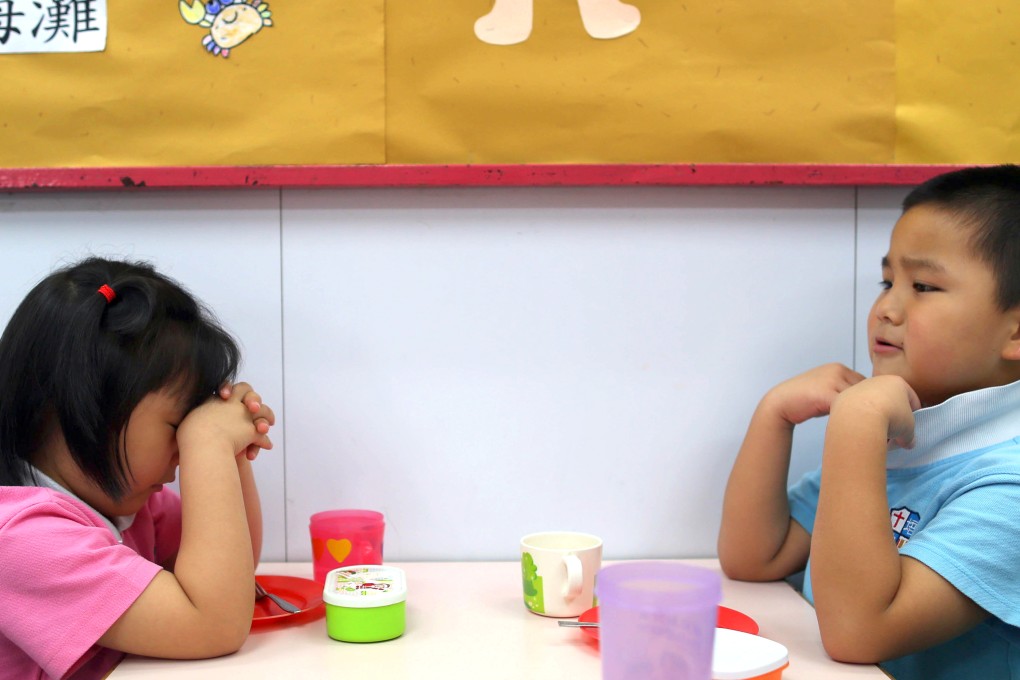37 per cent of Hong Kong kindergarten pupils have rotten teeth, study finds
Experts warn of complacency as kindergarten figures show that while the cavity rate dropped, it is still higher than in Japan and United States

Despite a drop in the number of kindergarten pupils with tooth decay, the prevalence rate in Hong Kong remains higher than in Japan, Britain and the US.
The University of Hong Kong's Faculty of Dentistry found that two out of five children, or 37 per cent of the 23,000 pupils it examined in the last academic year, had dental cavities.
On average they had 1.5 decayed teeth - just 0.1 tooth less than two years ago - according to the studies, which covered 125 kindergartens under its outreach dental service programme.
Although the overall prevalence rate of dental caries in kindergarten pupils had dropped from 44 per cent two years ago to 37 per cent, Dr Chu Chun-hung, from the faculty's Community and Family Dentistry, said the situation was worrying.
In the United States, the prevalence of tooth decay for children aged between two and five was 23 per cent, and only 18 per cent for three-year-olds in Japan.
Chu said the situation was serious because so many children had tooth decay only a year or so after all their baby teeth had grown. He warned it was a misconception that baby teeth needed less attention as they would be replaced by permanent teeth.
"The eruption of permanent teeth begins when they are six years old until 12. Decayed teeth could affect their learning at school as there could be pain and fever," he said.
